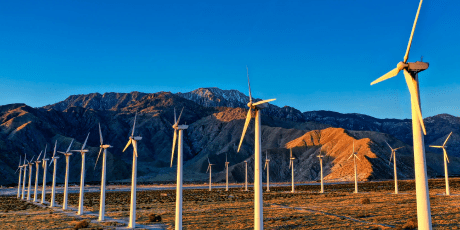Water
Solutions for regional self-sufficiency include: management of stream and river restoration, regulation of contaminants, water pollution, protection of aquifers, water rights, public ownership, and affordable access to water

ARTICLES/RESEARCH PAPERS
August 29, 2018
Miami Will Be Underwater Soon. Its Drinking Water Could Go First
This article talks about a specific example of water availability being affected by climate change.
Read ArticleDecember 23, 2019
Water, water everywhere, but only for a profit: Activists across U.S. struggle against Nestle
Read ArticleJanuary 1, 2011
Advances in on-line drinking water quality monitoring and early warning systems
Read ResearchOctober 9, 2020
Consumer Confidence Reports: Understanding the Quality of your Drinking Water
Read ReportMay 1, 2009
Reverse osmosis desalination: Water sources, technology, and today’s challenges
Reverse osmosis membrane technology has developed over the past 40 years to a 44% share in world desalting production capacity, and...
Read ResearchMedia Materials
How to Conserve Water
National Geographic is the world's premium destination for science, exploration, and adventure. Through their world-class scientists, photographers, journalists, and filmmakers, Nat Geo gets you closer to the stories that matter and past the edge of what's possible.
02:49
How to Conserve Water
National Geographic is the world's premium destination for science, exploration, and adventure. Through their world-class scientists, photographers, journalists, and filmmakers, Nat Geo gets you closer to the stories that matter and past the edge of what's possible.
02:49
3 thoughtful ways to conserve water
According to the UN, nearly one in three people worldwide live in a country facing a water crisis, and less than five percent of the world lives in a country that has more water today than it did 20 years ago. Lana Mazahreh grew up in Jordan, a state that has experienced absolute water scarcity since 1973, where she learned how to conserve water as soon as she was old enough to learn how to write her name. In this practical talk, she shares three lessons from water-poor countries on how to save water and address what's fast becoming a global crisis.
11:22
Explained | World's Water Crisis
In partnership with Vox Media Studios and Vox, this enlightening explainer series will take viewers deep inside a wide range of culturally relevant topics, questions, and ideas. Each episode will explore current events and social trends pulled from the zeitgeist, touching topics across politics, science, history, and pop culture -- featuring interviews with some of the most authoritative experts in their respective fields.
18:42
The Future of Water
The world’s supply of cheap and clean fresh water will likely plummet as the climate warms and populations boom. Can we find ways to conserve, cut waste, and find new sources before it’s too late?
10:10
Explore other sustainable solutions
EXPLORE OUR RESOURCES
Natural cycles

What is carrying capacity?

Research activities

GIS maps
Graphic displays of EDA carrying capacity data

our other programs
Sign up for our newsletter
EDA News is a monthly publication that includes updates on our activities, feature stories, events, comments from members and reviews of articles from other sources.








